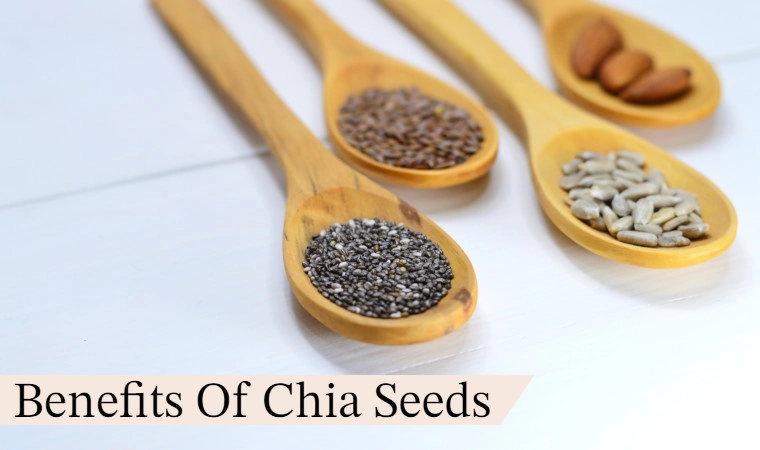Chia seeds come from the Salvia hispanica plant, a flowering herb that belongs to the same family as mint. Humans have consumed these seeds for centuries – in fact, their use dates all the way back to ancient Mayan and Aztec times. The name “chia” derives from the ancient Mayan word for “strength,” and Mayan folklore suggests that chia seeds harbor powerful energy stores.
These tiny seeds may not look like much, but they are loaded with nutrients and have the potential to deliver a variety of health benefits. These seeds are not only highly nutritious but highly versatile as well. The whole chia can be used to create delicious desserts, like healthy chocolate pudding, and the ground seeds can be added to a fruit smoothie for a boost of protein.
If you are interested in learning more about the benefits of chia seeds, keep reading!
Table of Contents
Nutritional Benefits of Chia Seeds
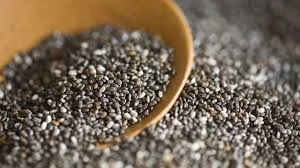
A 1-ounce (28-gram) serving of whole chia seeds contains about 138 calories in addition to a whopping 11 grams of fiber, 9 grams of healthy fats, and 4 grams of protein. A serving this size contains about 30 percent of your daily recommended allowance for both manganese and magnesium as well as 27 percent of your daily recommended allowance for phosphorus.
These tasty seeds are a great source of calcium, and they contain considerable amounts of potassium, vitamin B3, zinc, and vitamin B1. For as small as these seeds are, those are some pretty impressive numbers. As a bonus, chia seeds are technically considered a “whole grain” food, and they are naturally gluten-free and non-GMO.
Potential Benefits for Weight Loss
While these seeds are not a magical weight loss supplement, they do contain certain nutrients and nutritional properties that may help to support healthy weight loss. For one thing, chia seeds are loaded with dietary fiber. The dietary fiber content of these seeds enables them to absorb up to 12 times their weight in water – as the seeds absorb water, they expand and produce a gel-like substance. This gel takes up space in your stomach, leaving you feeling fuller for longer than you would if you chowed down on a high-carb food, like bread or pasta.
The longer you feel full, the less likely you are to snack on unhealthy foods, which could lead to a calorie surplus and potential weight gain!
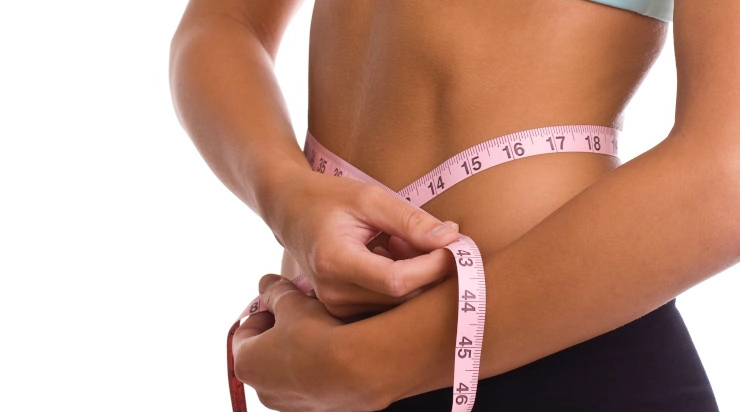
Another benefit of these little seeds that may help promote weight loss is their protein content. When you think of foods like nuts and seeds, you may not realize just how much protein they provide. For a 2-tablespoon serving of chia, 4 grams of protein is significant. Additionally, the type of protein found in this type of seeds is high-quality, much better than the kind of protein found in many other plant-based foods.
The protein content of chia may help reduce your temptation to snack by depressing your appetite. Again, these seeds are not a magical weight loss cure, but they do contain some valuable nutrients that, when combined with a healthy diet and exercise, can lead to healthy weight loss.
Potential Benefits for Heart Health
When viewing the nutritional information for chia seeds, do not be turned off by the fat content. While it is true that a 1-ounce serving contains 9 grams of fat, all of it is healthy fat. What is the difference between healthy and unhealthy fat? Unhealthy fats, such as saturated fats and trans fats, can clog your arteries and lead to high blood pressure and heart disease. Healthy fats, such as monounsaturated fats and omega-3 fatty acids, actually benefit your heart [1].
Chia seeds also have the potential to lower your triglyceride levels, reduce inflammation, and raise your high-density lipoprotein (HDL), or “good” cholesterol, levels – all of these factors can contribute to a reduced risk for heart disease.
Potential Benefits for Diabetes
Some studies have been conducted testing the health benefits of chia seeds, and one of the most conclusive studies to date involved the effects of chia seeds on people with type 2 diabetes. In this study, patients were given 37 grams of either chia seeds or wheat bran on a daily basis for 12 weeks. At the end of the study, the patients who received the seeds showed a 3- to 6-point reduction in blood pressure levels, a significant 40 percent reduction in hs-CRP (an inflammatory marker), and a slight drop in blood sugar levels.
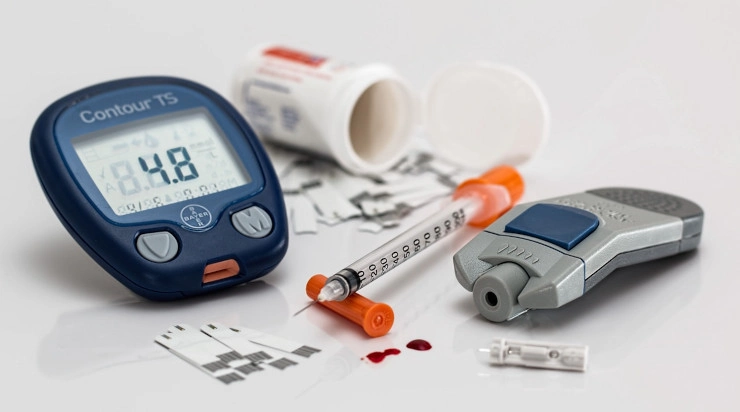
It may be that the dietary fiber content of chia seeds and the fact that they expand in your stomach, helping to slow the absorption of glucose into the bloodstream, which prevents the spikes in blood sugar levels that can be so dangerous for people with diabetes. A side effect of this slow absorption rate is a slow but continuous release of energy into the bloodstream.
Other Benefits of Chia Seeds
Another benefit of these little seeds is that, due to their high calcium content, they can help to promote bone health. Gram for gram, the calcium content of these seeds is higher than most dairy products – even cow’s milk! For this reason, these seeds are a great source of calcium for people who do not consume dairy – they are also a good source of vegetarian protein for people who follow a vegan or vegetarian diet.
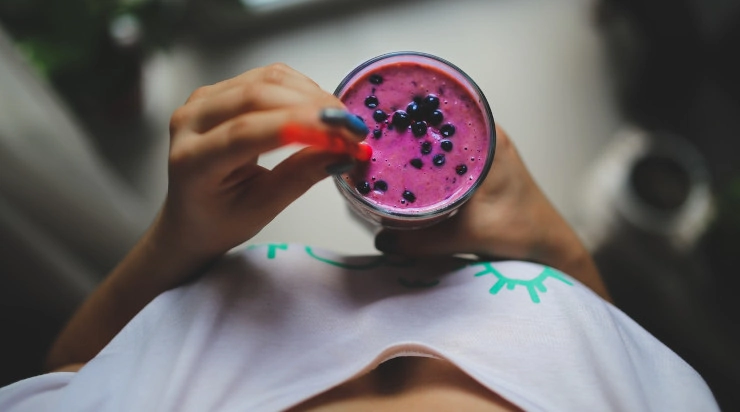
Compared to other seeds, such as flax seeds, chia seeds are very easy to digest – they do not need to be ground up first. These tasty seeds can be beneficial for athletes who need to fuel up on carbohydrates to prepare for endurance events. Folklore suggests that even the ancient Mayans and Aztecs used chia seeds for this purpose.
In addition to all of the nutritional and health benefits of chia seeds that have already been discussed, another advantage is that they are easy to add to your diet. Add a tablespoon of chia seeds to your fruit smoothie or sprinkle them over a bowl of cereal for a boost of protein and fiber. You can also mix these seeds with water or milk to create a delicious pudding.
No matter how you use them, chia seeds are an excellent source of nutrition and health benefits.
References:
[1] https://www.webmd.com/diet/obesity/features/skinny-fat-good-fats-bad-fats

